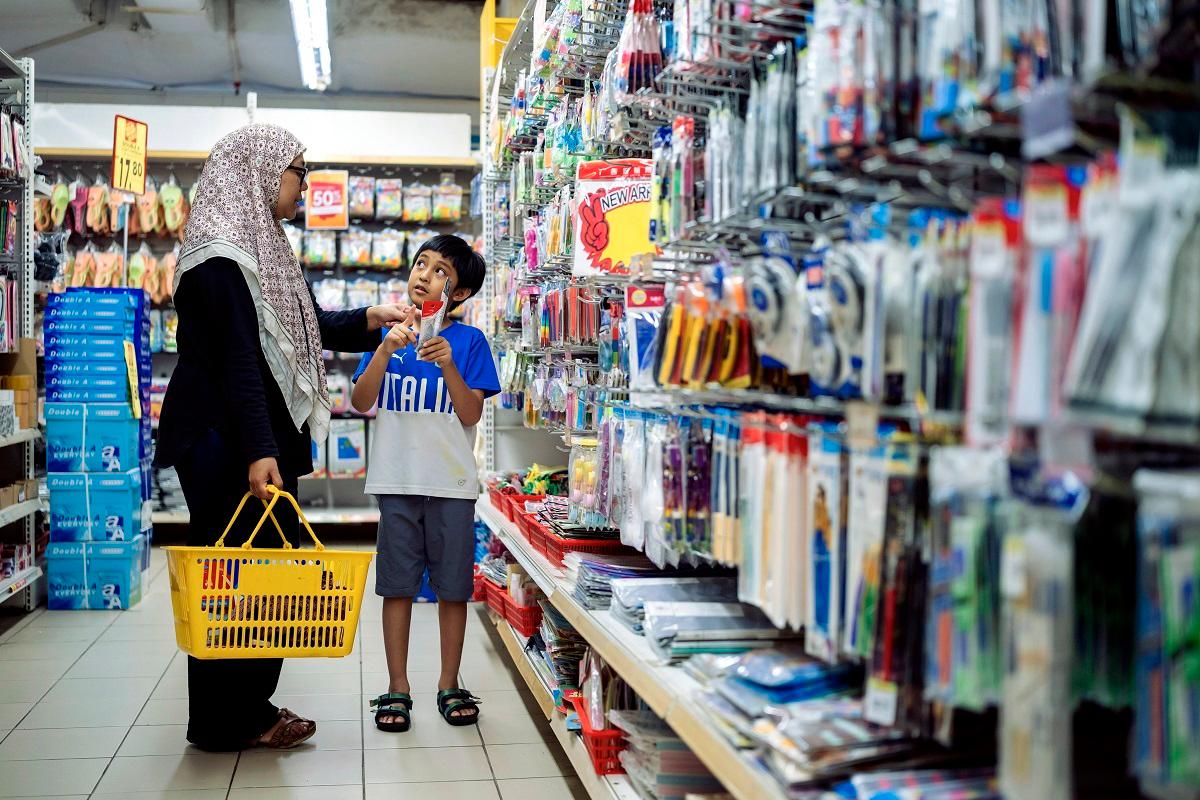PETALING JAYA: As Budget 2026 draws near, parents, teachers and students are calling for allocations that address rising education costs, digital readiness and long-standing gaps in rural access.
Graphic designer Ted Adriama Nasil, 37, a single father of three children, said financial aid must be expanded to reflect today’s realities.
“I hope the government could increase assistance such as the Bantuan Awal Persekolahan, book vouchers and education tax relief to reduce the burden of school expenses and university fees.”
Ted added that digital support is now just as vital as traditional aid.
“The government should provide subsidies for student gadgets, affordable or free high-speed internet and digital training programmes for both students and teachers.
“Some subjects are outdated, and digital skills are more relevant now.”
Meanwhile, teachers say rural education challenges require more than classroom supplies.
A 25-year-old English teacher from Sarawak, who requested anonymity, said many of her students come from B40 families in villages around Sarikei.
“I have served here for six months. Most of our students are Iban or less fortunate Chinese children from nearby villages, primarily from B40 families.
“From my perspective as someone who teaches and lives in a rural area, the government should prioritise transportation and accommodation support. Many rural students live far from school, so travel costs could be a heavy burden.”
She urged the government to expand hostel facilities, transport subsidies and financial aid for low-income families to ensure equal access to education.
She also said while digital devices and internet access have improved, training remains inadequate.
“The government should focus on training for teachers and students to make digital learning more effective.
“Without proper guidance, many still struggle to use these tools (to their full potential). By investing in digital skills workshops and continuous professional development, technology could actually improve learning outcomes.”
University students voiced similar concerns, highlighting cost of living pressures and weak infrastructure.
A 22-year-old science student from Perlis said campus conditions were unstable, citing water supply disruptions earlier this year.
“In April, our campus had to activate a crisis task force and bring in water tankers because of supply disruptions.
“Hostel spaces are limited, so many students stay outside and pay higher rent. When water cuts happen, we have to buy bottled water or pay extra for laundry. The (financial) strain grows heavier.”
He urged the government to prioritise campus infrastructure and targeted financial aid.
“We need more resilient campuses that could handle disruptions and financial assistance that reflects the real cost of living, not just tuition fees.
“No student should have to protest just to get running water.”
With the budget announcement just a day away, parents, teachers and students agree that Malaysia’s education challenges extend beyond classrooms.
Their hope is that Budget 2026 delivers not only policy commitments but also tangible measures that ease financial pressures, strengthen digital learning and ensure every child is able study in a stable, supportive environment.









